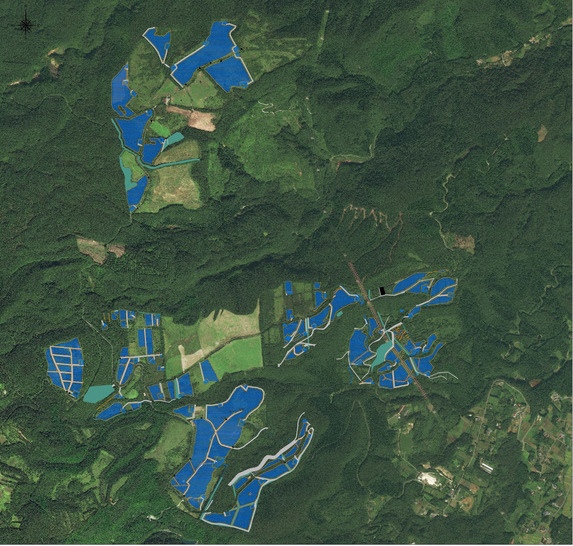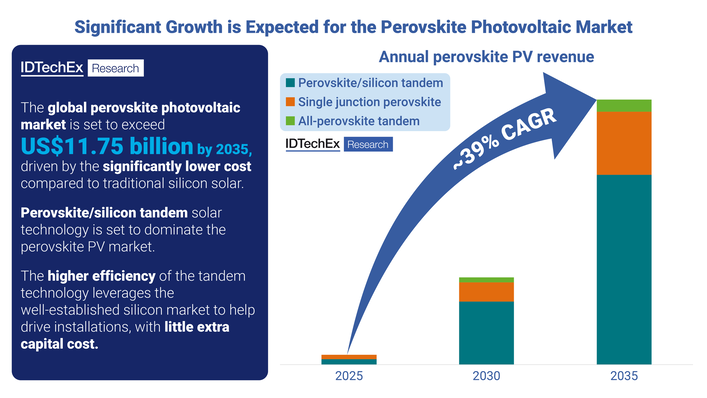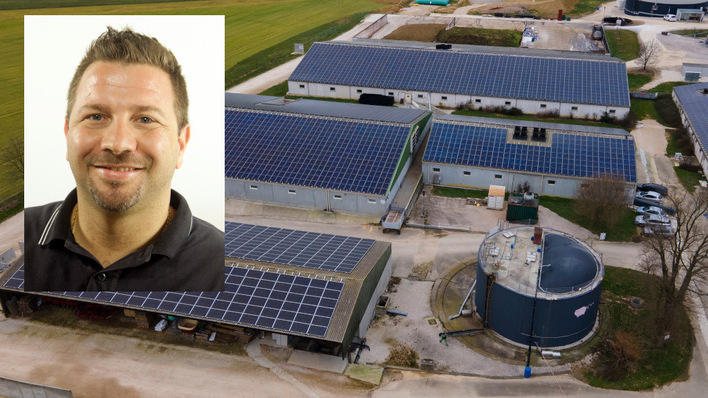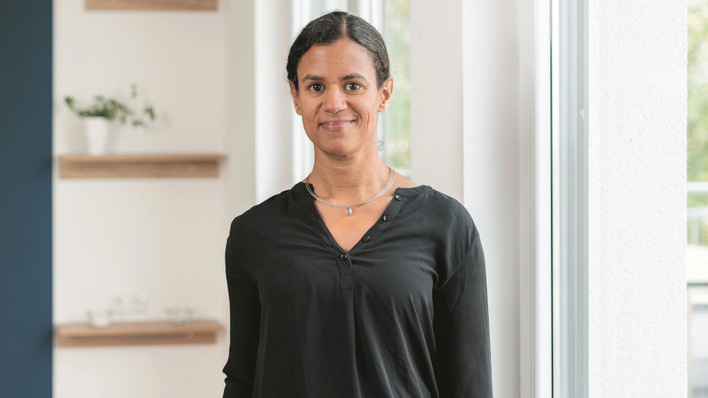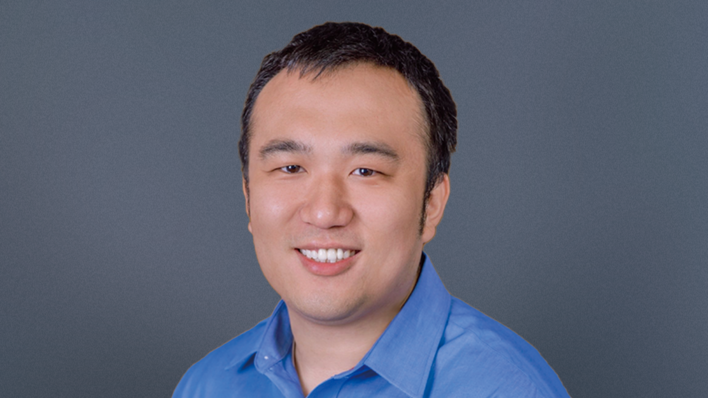Juwi Shizen Energy, the joint venture founded in 2013 between the German project developer juwi and the Japanese developer of wind and solar parks Shizen Energy, is building a 100-megawatt solar park in Fukushima. It is being built on behalf of the Canadian Solar Group. On 1 October last year, both companies signed the agreement to build the 186-hectare solar power plant. Construction started a few days later. The solar park is scheduled to go into operation in spring 2023. After completion, the Azuma Kofuji Solar Power Plant will produce around 110 million kilowatt hours of climate-friendly electricity per year. This corresponds to the annual consumption of about 30,000 households. The project is currently one of the largest solar projects in Japan and the largest single project in the history of the Japanese joint venture.
Jan Warzecha, Managing Director of juwi Shizen Energy, says: "We are delighted to be able to implement the Azuma Kofuji project. Since its inception, juwi Shizen Energy has built an excellent reputation as an EPC partner in the Japanese energy industry by implementing numerous challenging and complex solar projects. Our goal is to advance the energy transition in Japan with further renewable energy projects."
Around 300 megawatts realised in Japan
Currently, juwi Shizen Energy has various projects under construction with a total output of more than 300 megawatts. In the past eight years, the company has realised around 300 megawatts in Japan within the scope of so-called EPC projects (Engineering-Procurement-Construction). Most recently, the joint venture commissioned a 54 MW solar park on the site of a former golf course in the prefecture of Tochigi, around 100 kilometres north of the capital Tokyo.
See also: 54-megawatt solar park on a former golf course
Since its foundation, juwi Shizen Energy has been committed to the consistent sustainable development of Japanese society and future generations by providing clean and safe energy solutions with its projects that are geared towards local needs.
Fukushima stands for new beginnings
"Fukushima stands for the most severe reactor disaster of our time and at the same time for new beginnings and energy transition," summarises Stephan Hansen, COO and member of the juwi board. "Through the global expansion of renewable energies, wind and solar energy have now developed into the most cost-effective power generation technologies, without which the transformation of the global economy towards greenhouse gas neutrality will not be possible." (mfo)


